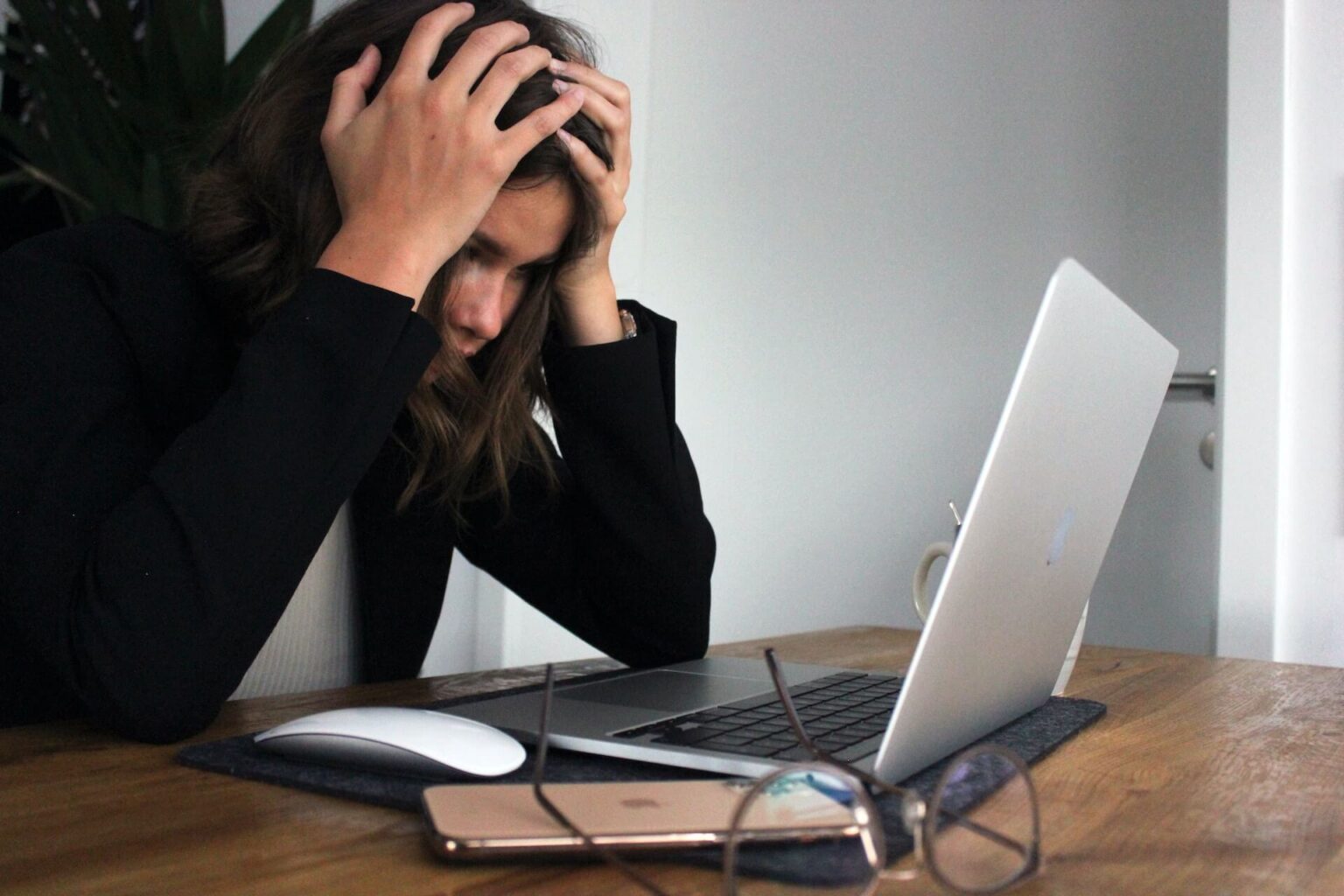In our fast-paced and demanding world, stress has become a prevalent issue that can have a significant impact on our well-being and success. Managing and reducing stress in our daily lives is crucial for maintaining a healthy balance and achieving our goals. This guide presents practical strategies that can be implemented to effectively reduce stress and increase our chances of success.
Identifying the sources of stress
Identifying the sources of stress is the crucial first step in reducing its impact on our daily lives. Stress can stem from various aspects of our lives, including work, relationships, finances, and personal responsibilities. It is important to reflect on our own experiences and emotions to pinpoint the specific triggers that contribute to our stress levels. This self-awareness allows us to gain a deeper understanding of what factors are causing stress and how they affect us.
By identifying these sources, we can then develop targeted strategies and approaches to address them effectively. Whether it’s a demanding workload, conflicts in relationships, financial worries, or other stressors, recognizing their existence empowers us to take proactive steps toward reducing their impact and finding healthier ways to cope.
Practice relaxation techniques
Practicing relaxation techniques is an effective approach to reducing stress and promoting a sense of calm and well-being. These techniques aim to activate the body’s relaxation response, counteracting the physiological and psychological effects of stress. Deep breathing exercises, such as diaphragmatic breathing or box breathing, help slow down the heart rate and activate the body’s relaxation response. Progressive muscle relaxation involves systematically tensing and releasing different muscle groups to release physical tension.
Guided imagery and visualization techniques allow the mind to focus on peaceful and positive images, promoting relaxation and mental rejuvenation. Engaging in activities like meditation or mindfulness practices cultivates present-moment awareness, allowing us to detach from stress-inducing thoughts and emotions. By regularly incorporating relaxation techniques into our routine, we provide ourselves with a valuable toolset to combat stress, enhance our overall well-being, and foster a greater sense of inner peace and resilience.
Additionally, you can try with HHC carts, HHC doesn’t sound like a cannabinoid, and it isn’t a member of the THC family. Yet, it’s hemp-derived and binds to receptors in the endocannabinoid system to produce a mild high. It’s not quite as strong as Delta-8, but it will still get you high. HHC is a lovely addition to any vape pen, pre-roll, or edible to add soothing, lightly stoney effects.
Prioritize and set boundaries
Prioritizing tasks and setting boundaries is a crucial aspect of reducing stress and maintaining a balanced lifestyle. It involves recognizing the importance of different responsibilities and allocating time and energy accordingly. By prioritizing tasks, we can focus on what truly matters and avoid getting overwhelmed by a never-ending to-do list. This helps in managing time effectively and accomplishing the most important tasks first.
Additionally, setting boundaries is essential for establishing limits and maintaining a healthy work-life balance. It involves being assertive and learning to say “no” when necessary, in order to avoid overcommitting ourselves. By setting clear boundaries, we create space for relaxation, self-care, and personal relationships, which are vital for reducing stress and fostering overall well-being.
Prioritizing and setting boundaries provide a framework for managing our responsibilities and allow us to dedicate time and energy to the things that truly matter, ultimately reducing stress and promoting a healthier and more successful life.
Adopt a healthy lifestyle
Adopting a healthy lifestyle is a key strategy for reducing stress and promoting overall well-being. Taking care of our physical health directly impacts our ability to manage stress effectively. This includes getting sufficient sleep, maintaining a balanced diet, and engaging in regular exercise. Quality sleep rejuvenates our mind and body, enhancing our resilience to stressors. A balanced diet provides the necessary nutrients for optimal brain function and energy levels. Regular exercise releases endorphins, the body’s natural mood boosters, and helps reduce tension.
Additionally, incorporating stress-reducing activities such as yoga, meditation, or mindfulness practices can further enhance our ability to cope with stress. By prioritizing our physical well-being and adopting healthy habits, we equip ourselves with the energy, mental clarity, and emotional stability needed to navigate daily challenges with greater ease, ultimately reducing stress and enhancing our chances for success.
Manage digital and information overload
Managing digital and information overload is crucial in reducing stress and maintaining a healthy balance in our lives. In today’s technology-driven world, we are constantly bombarded with notifications, emails, social media updates, and an overwhelming amount of information. This constant exposure can lead to feelings of overwhelm, anxiety, and an inability to focus. To manage digital and information overload, it’s important to set boundaries and establish healthy habits. This may involve designating specific times for checking emails or social media, setting limits on screen time, and creating device-free zones or periods in our daily routine.
It’s also beneficial to curate our digital environment by unsubscribing from unnecessary newsletters, organizing digital files and notifications, and unfollowing accounts that contribute to stress or negative emotions. By managing digital and information overload, we create space for mental clarity, increased productivity, and a greater sense of calm in our daily lives, ultimately reducing stress and promoting a healthier relationship with technology.
Seek professional help if needed
Seeking professional help is a vital step in managing stress and ensuring our well-being. Sometimes, despite our best efforts, stress can become overwhelming or persistently affect our daily lives. In such cases, reaching out to a mental health professional can provide valuable support, guidance, and specialized techniques.
These professionals, such as therapists, counselors, or psychologists, are trained to help individuals navigate through stress and develop effective coping strategies. They can provide a safe and non-judgmental space to discuss and explore the underlying causes of stress, offer evidence-based techniques to manage stress, and help develop a personalized plan for improvement.
Seeking professional help is not a sign of weakness but rather a proactive step towards taking control of our mental health and well-being. It allows us to gain new insights, learn effective stress management strategies, and receive the necessary support to thrive and achieve success in our daily lives.

Reducing stress in our daily lives is crucial for our overall well-being and success. By implementing practical strategies, we can effectively manage and minimize stress levels. Identifying the sources of stress empowers us to develop targeted approaches for addressing them. Prioritizing tasks and setting boundaries allows us to manage our time effectively and create a healthy work-life balance.
Adopting a healthy lifestyle through proper sleep, nutrition, exercise, and stress-reducing activities enhances our ability to cope with stress. Cultivating a support system, practicing relaxation techniques, and engaging in self-care activities promote emotional well-being. Managing digital and information overload helps maintain a healthier relationship with technology.
Finally, seeking professional help when needed provides valuable guidance and support. By incorporating these strategies into our lives, we can reduce stress, enhance resilience, and increase our chances of success. Remember, managing stress is an ongoing process, and with commitment and practice, we can create a more balanced and fulfilling life.








